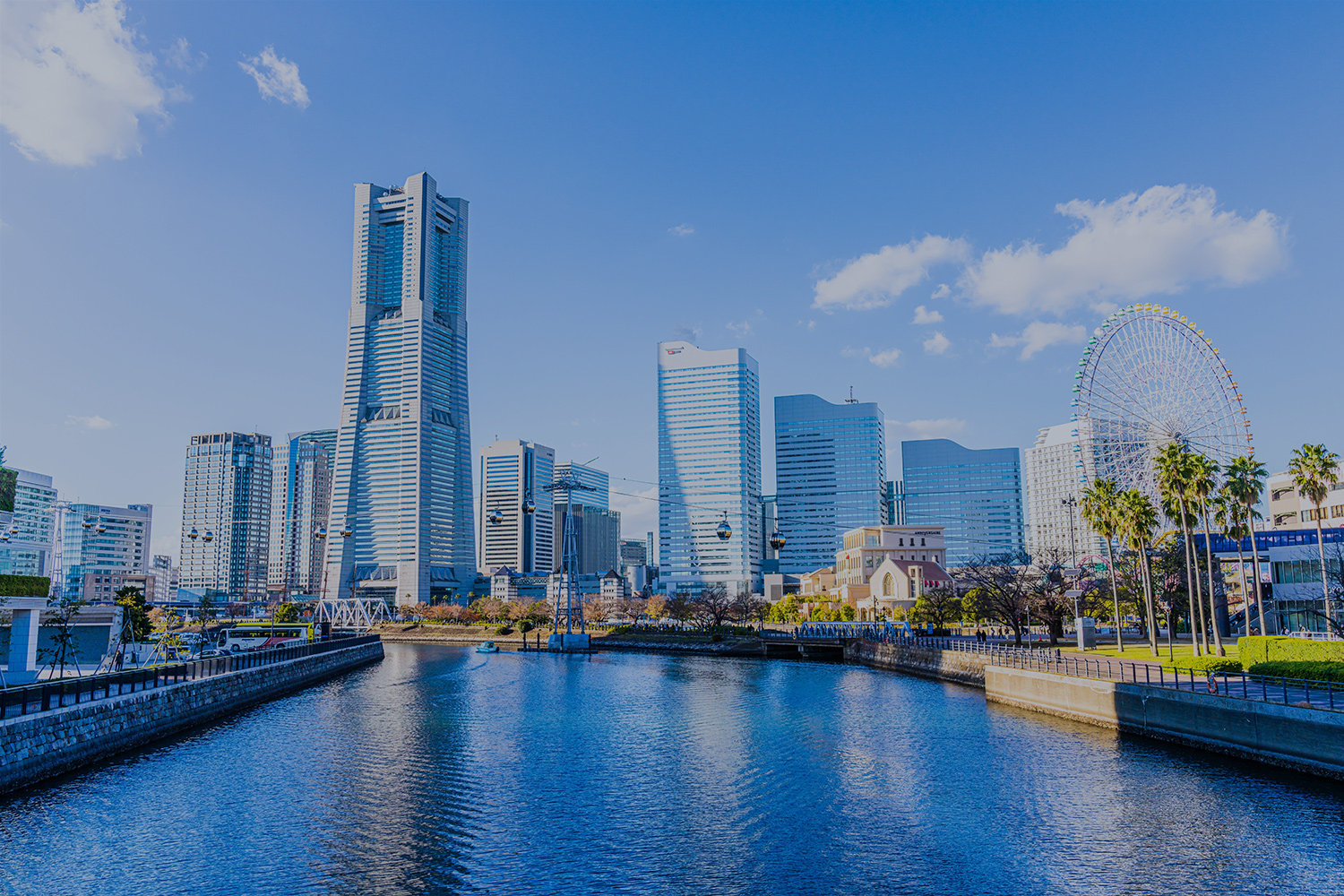
16 Dec TICAD 9: Strengthening Japan’s strategic ties with Africa’s rising economies
Japan’s evolving engagement with Africa is characterized by a focus on fairness, job creation and human capital development. While often underreported, Japan’s investment commitments in Africa totaled $90 billion over the last decade, positioning it just behind China for inflows into the continent.
Japan is the fourth-largest shareholder in the African Development Bank, for instance, having contributed over $40 billion to that institution’s programs, which places the Asian country at the forefront of policymaking and strategic investment on the continent. Landmark projects with a profound social impact that Japan has funded in Africa include the NINJA Accelerator in Kenya, which supports that country’s startups, and helps them gain access to venture capitalists and investors in Japan and around the world.
One of the key instruments promoting Japan-Africa partnerships is the Tokyo International Conference on African Development. Since TICAD’s establishment, Japan’s foreign policy in Africa has sought to leverage its capital city’s own experience of rapid economic growth. The conference celebrated its 30th anniversary in 2023 and the 9th edition will take place from August 20-22, 2025, in Yokohama. TICAD deserves credit for, among other things, reviving international interest in Africa’s development, which had been declining in the 1990s.
While Japan still engages in various humanitarian and development activities in Africa, its government has sought to focus more on the opportunities available on the continent for Japan’s private sector. As a result of that change in focus, Japanese investment flows into Africa have increased substantially: having reached around $3 billion in 2020, the figure more than doubled to over $7.5 billion the following year. According to Japan’s Ministry of Foreign Affairs, 927 Japanese companies were active in Africa in 2022, up from 520 in 2010. As Japan has very low unemployment, Japanese companies in Africa tend to hire locals, a fact that positively differentiates them from Chinese investors.
More Japanese businesses are entering the African market every year, as recognition of the continent’s potential as a hub for investment continues to grow. Among them are major corporations, such as Toyota, Mitsui, Sumitomo, Mitsubishi and Shimizu, which have been attracted by various African nations’ resources, strategic positioning and pro-business environments.
Mitsui, a leading Japanese trading company with a diversified portfolio of investments, has invested in African initiatives such as the establishment of a Mozambique liquefied natural gas project. Sumitomo’s investments include developing the Ambatovy nickel mine in Madagascar and expanding the Sadiola gold mine in Mali. Mitsubishi has also invested in mining through its enlargement of the Republic of Congo’s Zanaga iron ore mine and it is developing the Coral South Floating LNG project in Mozambique. Toyota, on the other hand, has invested in an assembly plant in Kenya and in the expansion of its Toyota Tsusho Zimbabwe vehicle distribution business.
Japan’s private sector is investing in the continent’s entrepreneurial talent too. For instance, Kepple Africa Ventures has backed several African startups, including the Nigerian fintech Flutterwave and the Kenyan e-commerce platform Jumia. Rising Japanese interest in the continent is evident at the individual level as well, with an increasing number of Japanese vacationers now exploring Africa’s unique adventures, vibrant cultures and energetic communities.
